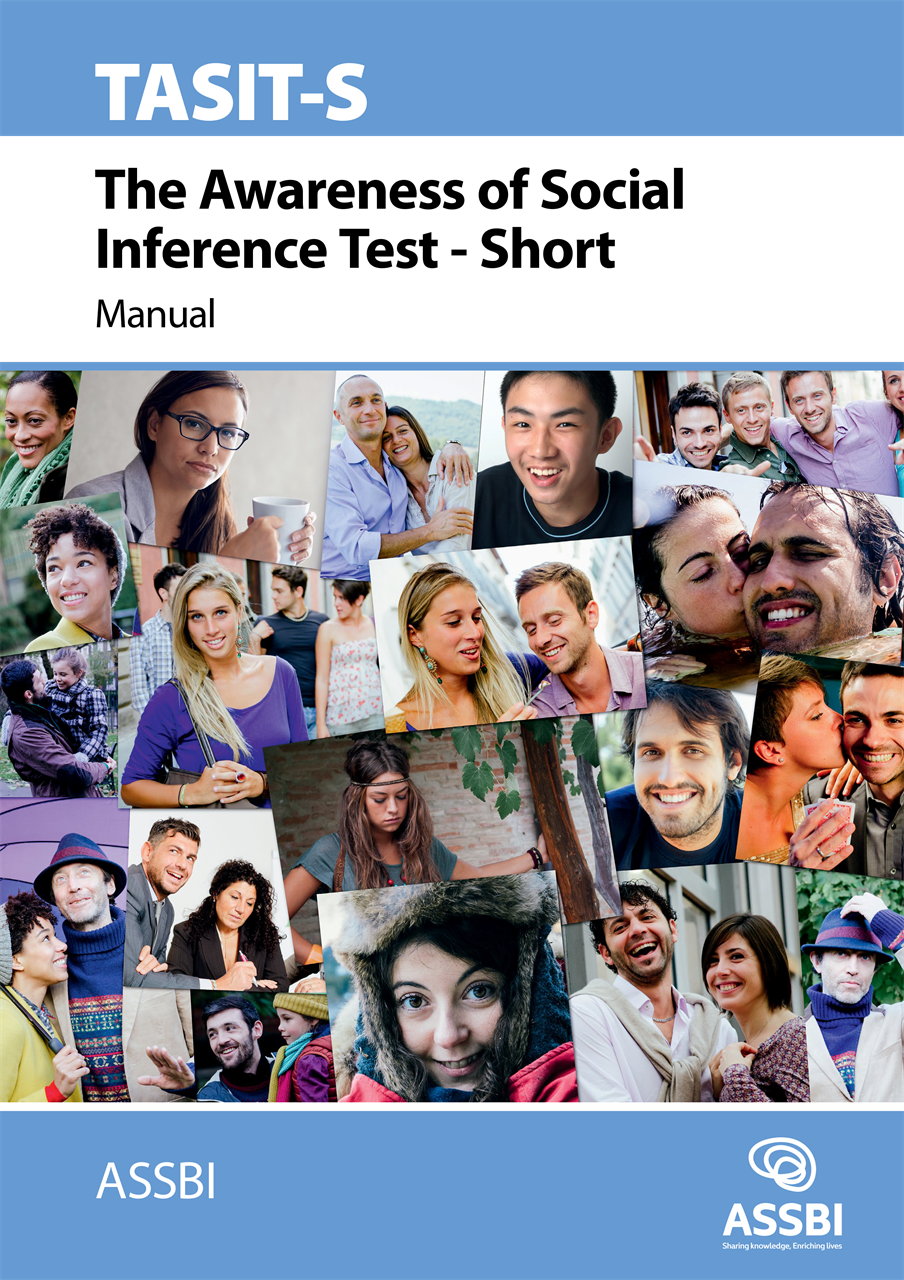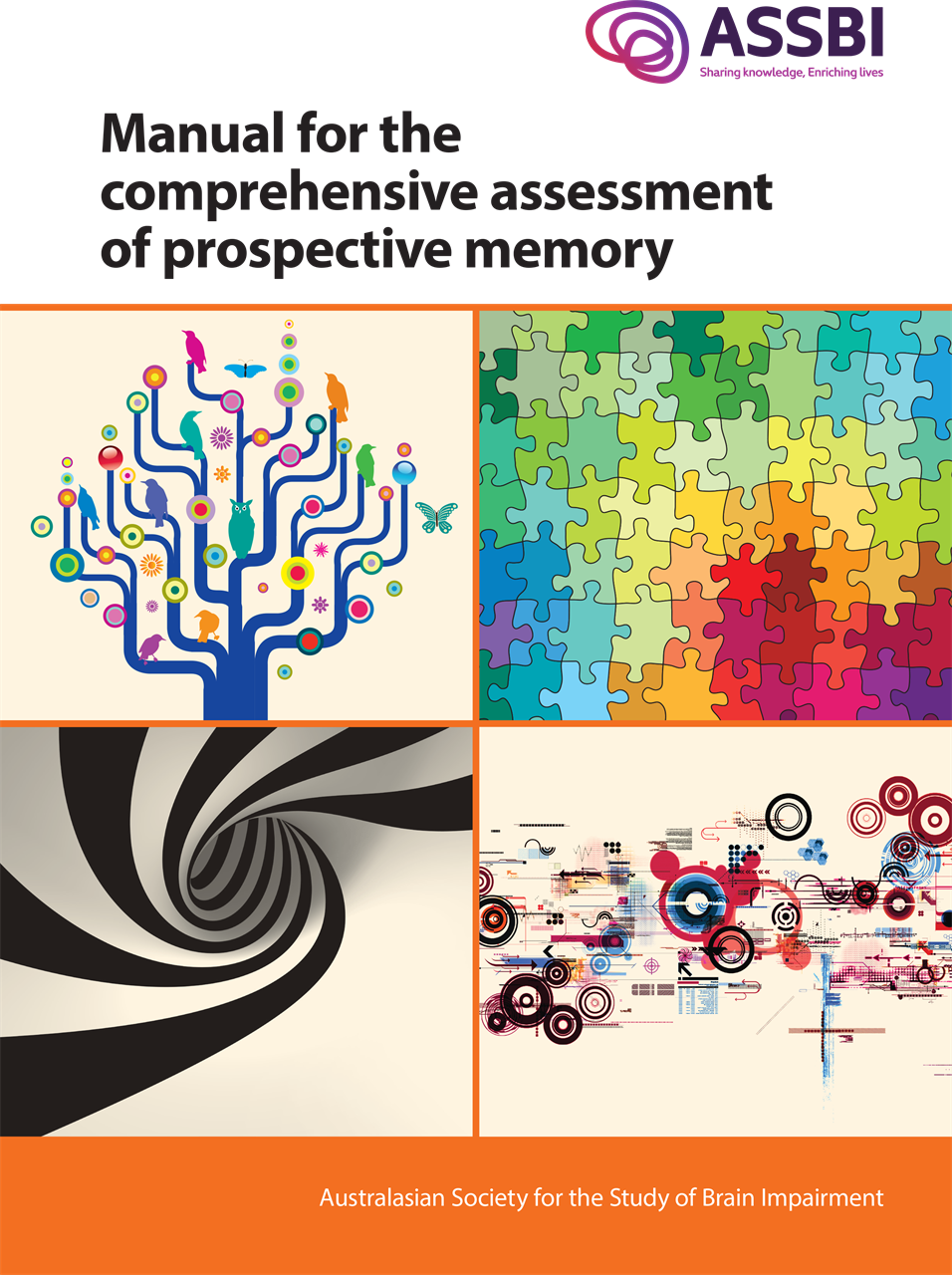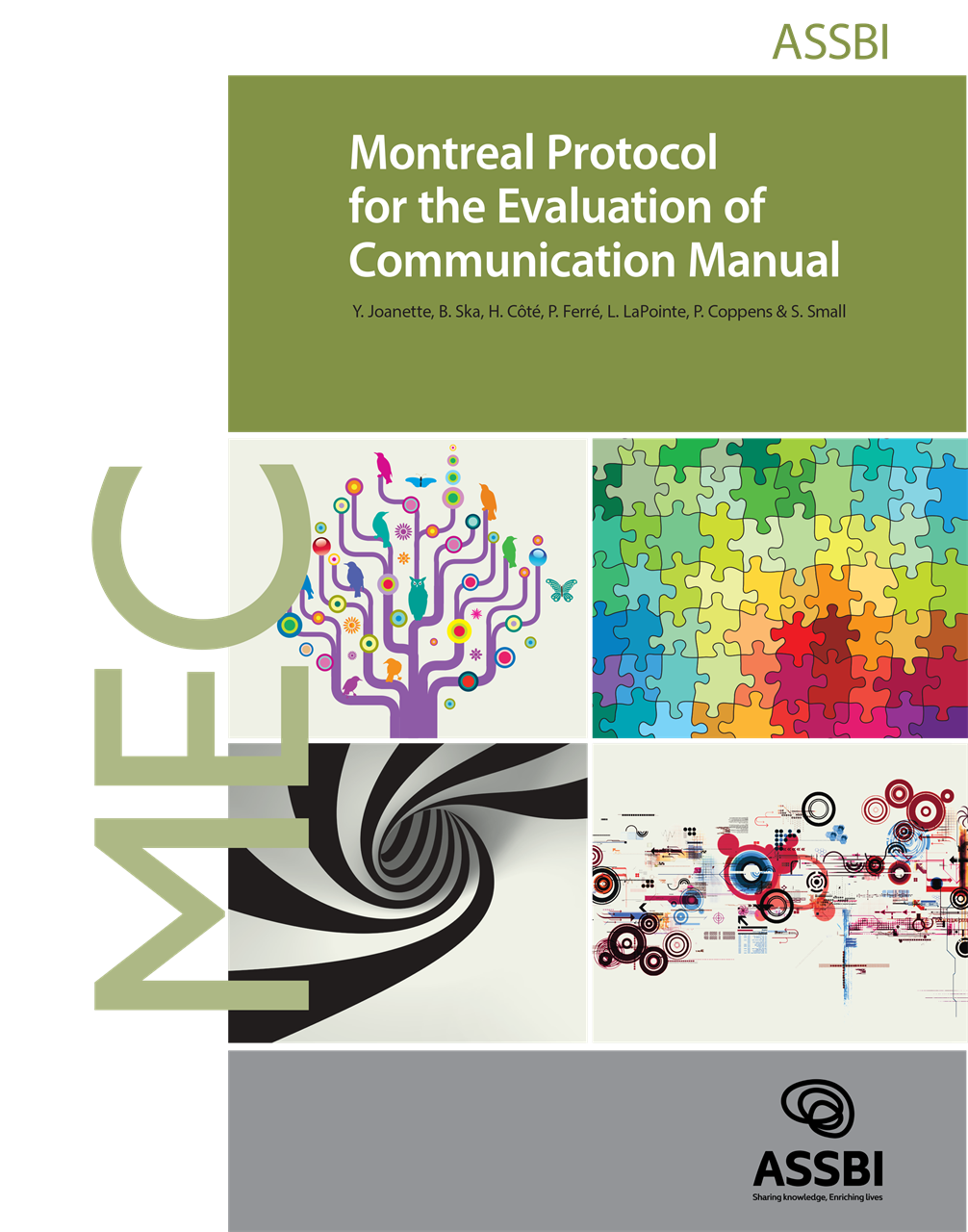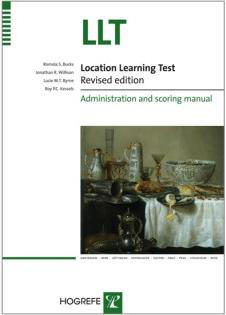Assessment resources |
Are you an ASSBI Member?Don't forget all ASSBI and INS members receive a 10% discount on all purchases. Login to the site before going to the online store. FREE postage and handling within Australia |
The Awareness of Social Inference Test (TASIT): an assessment of social cognition. TASIT is used worldwide to assess social cognitive disorders. Click Here to see webinar about this product. |
The Awareness of Social Inference Test – Short (TASIT-S): a brief assessment of social cognition TASIT-S is a new short version of the widely used TASIT to assess social cognitive disorders. Description: TASIT-S is designed to provide a brief assessment of social cognition in people with acquired brain injuries, neuropsychiatric and developmental disorders. It uses videos of actors in everyday situations. It is suitable for use by speech pathologists and clinical neuropsychologists to assess aspects of social cognition for diagnostic, management and treatment purposes. TASIT-S comprises three parts. Click Here to see webinar about this product. |
Comprehensive Assessment of Prospective Memory (CAPM): A measure of memory for future intentions after brain injury. Use the CAPM to evaluate everyday prospective memory performance in clients with brain impairment due to traumatic brain injury or stroke. Description: The Comprehensive Assessment of Prospective Memory (CAPM) is a questionnaire designed to evaluate prospective memory function in people with brain injury. Remembering to perform intentions at a future point in time, or prospective memory, is essential for safe independent living and employability. Neuropsychologists, occupational therapists, speech pathologists and other rehabilitation professionals can use the CAPM to understand the nature and extent of prospective memory problems in their patient’s daily life. Click Here to see webinar about this product |
The Montreal Evaluation of Communication (MEC): A clinical test of communication. Use the MEC to assess communication in your patient with right hemisphere stroke or damage to the frontal lobes. Description: The Montreal Evaluation of Communication (MEC) is a clinical test to evaluate language and communication ability in people who have problems with communication in the absence of aphasia such as patients with right hemisphere stroke or damage to the frontal lobes. The MEC kit comprises a manual, a stimulus book, response booklets and informant questionnaires along with audio-files. |
The Location Learning Test - Revised Edition (LLT-R): An administration and scoring manual. The Location Learning Test can be used to measure episodic spatial memory for object locations. Description: The Location Learning Test - Revised (LLT-R)assesses spatial memory. Spatial memory is highly relevant for everyday functioning, as it enables us to remember the location of objects in our environment and to navigate. Spatial-memory deficits are often found in dementia and other forms of amnesia, but may also occur as a result of more focal brain injury (like a stroke). Used by cognitive neuropsychologists or allied health professionals to assess object-location binding, positional memory and spatial categorical memory common following dementia or stroke. Click Here to see webinar about this product |

 The Awareness of Social Inference Test (TASIT)
The Awareness of Social Inference Test (TASIT) The Awareness of Social Inference Test - Short (TASIT-S)
The Awareness of Social Inference Test - Short (TASIT-S) The Comprehensive Assessment of Prospective Memory (CAPM)
The Comprehensive Assessment of Prospective Memory (CAPM) Montreal Protocol for the Evaluation of Communication (MEC) Manual
Montreal Protocol for the Evaluation of Communication (MEC) Manual Location Learning Test
Location Learning Test

